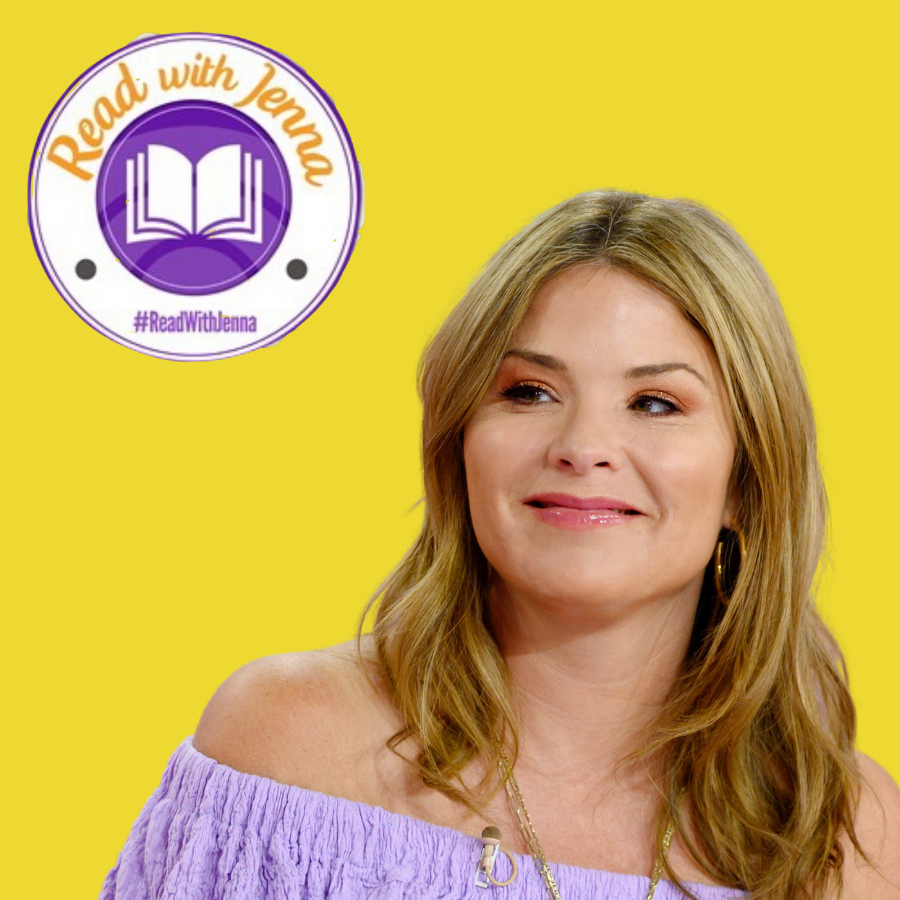Over the last couple of years, I have inadvertently developed a weird personal vendetta against Jenna Bush Hager’s Read with Jenna Book Club. It all started when she put her little sticker on Toni Morrison’s The Bluest Eye. The late, great Toni Morrison didn’t need her seal of approval on her book cover. Anyone who has read The Bluest Eye knows that it is filled with abuse and egregious examples of racism.
So many books that my #Bookstagram friends had endorsed ended up being Read with Jenna books. This didn’t necessarily deter me from reading them, and that didn’t make them bad books. In fact, most of them were fantastic and impactful. However, I started noticing a pattern: all of the Black books highlight and center Black pain.
Not all bad
Don’t get me wrong, giving debut Black authors this type of exposure and platform is instrumental in launching their careers. Many books by Black authors don’t get the same opportunities for exposure as white authors. The Read with Jenna books I have read have been from some really talented voices.
I can’t say that I wouldn’t ever have heard of these authors without Jenna Bush Hager, but I can’t say the same for other people. At the same time, I can’t also definitively say that many white authors will decide to pick up the book after seeing it on the Today Show.
What all Read with Jenna Books have in common
Here are some examples of Read with Jenna books by Black Authors:
- Maame by Jessica George (sidenote: you can read my review here)
- Chain-Gang All-Stars by Nana Kwame Adjei-Brenyah
- Memphis by Tara M. Stringfellow
- Black Cake by Charmaine Wilkerson
- What’s Mine and Yours by Naima Coster
If you have read any of these, you will see that all of these have blatant messages of racism. Black people are plagued with extreme examples of racism (Chain-Gang All-Stars or Memphis) or just really annoyed by microaggressions/instances of discrimination that the Black protagonist explicitly complains about (Maame or Black Cake). This seems to be a requirement for their Black book choices.
Inherently, there is nothing wrong with proving tangible evidence of racism and discrimination in this country to educate white audiences. White people don’t have to think a lot about instances of personal racism or experience systemic and institutional barriers because of their race.
My issue is that we only see Black pain. I have not encountered not one positive story about Black people’s lives within this book club. Even if a Black protagonist has a somewhat normal life, the book still serves some sort of lesson to educate about microaggressions, even if it is well-meaning. We never just see the stories of Black joy and the more we don’t see it, the more we believe it doesn’t exist.
What gives me the ick the most about the book club
I will admit, I have not watched many Read with Jenna segments on the Today Show. The segments I did watch were very typical of the lifestyle segments overall where they are primarily interested in selling products for commission. For example, for Maame the products were nail polish, Big Ben bookends, and baskets woven by Ghanaian women (that may not even see the full profits of their labor).
The interview didn’t mention racism, because that’s not a fun topic to talk about on a morning television newshow. We can pick this book that teaches about racism, but only implicitly, only off camera. Capitalism will always give permission to prop up Black pain to sell a product.
Again, there is nothing inherently wrong with using books to teach about racism. I know many Black people, and people of color in general, feel seen through the diversity of the Read with Jenna book picks. But again, if Black pain is the ONLY type of story we see, how progressive is that?



Hi Tayler! Did you watch the Jenna segment this morning on Today? It featured Jenna trying to find out why men don’t read fiction and featured 3 men who don’t read fiction. Why did she recommend the Chain-Gang book to the African American man?? That really bothered me.